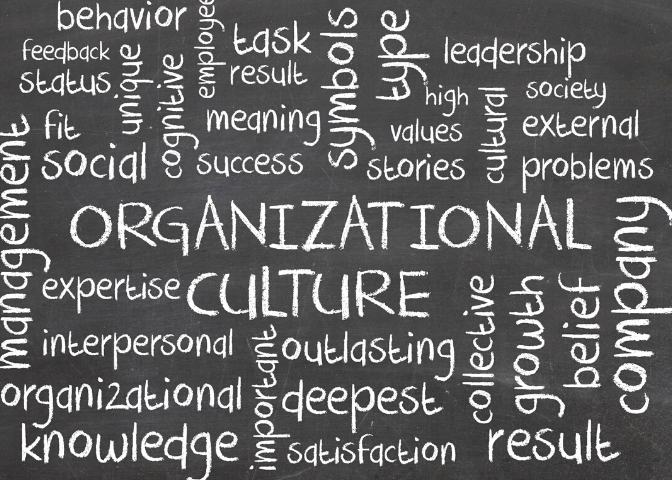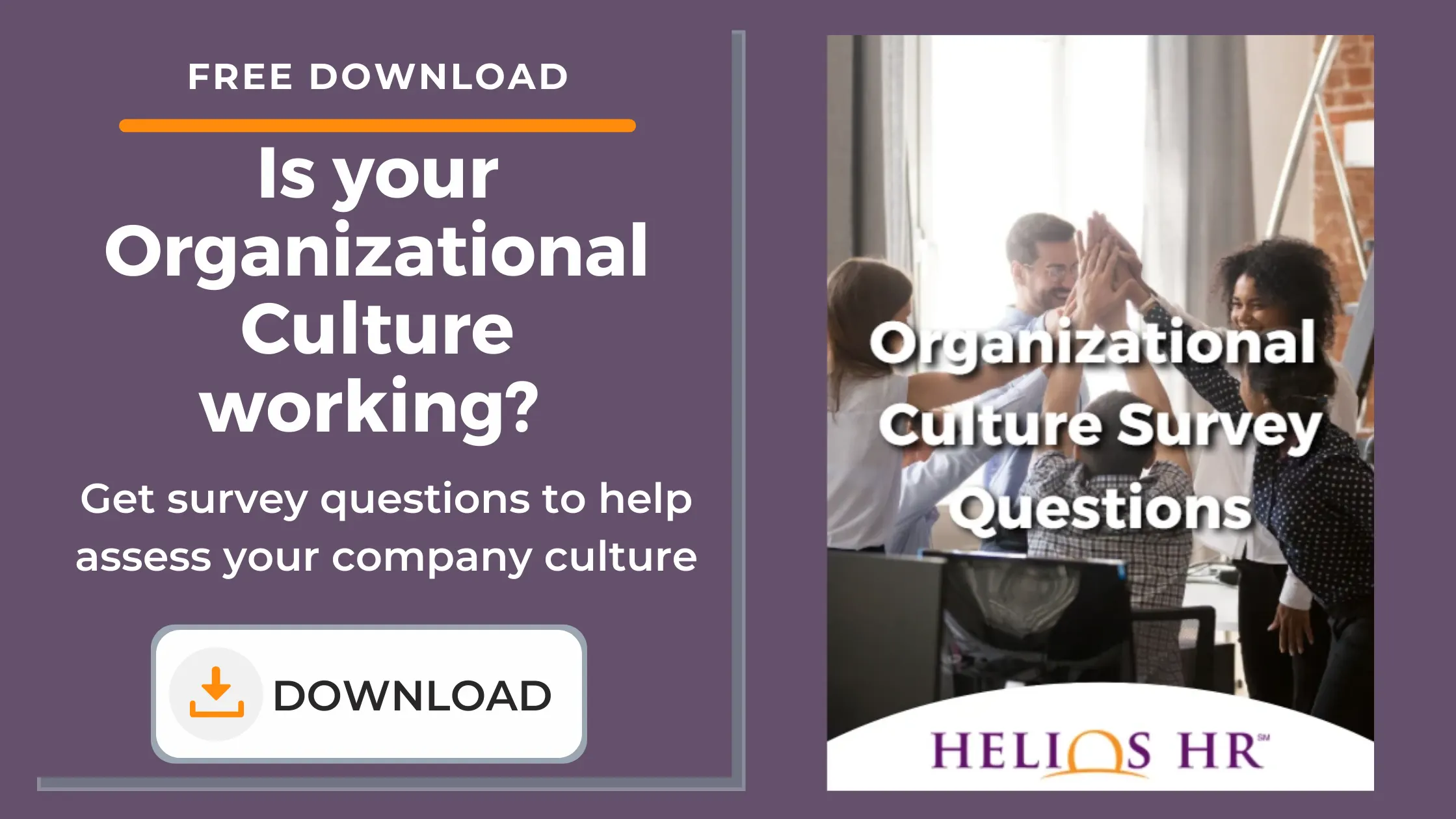By: Audrey Thurston Yilmaz, PHR on March 24th, 2016
Company Culture Review: The Top 5 Things That Matter Most
Culture develops in every organization.
Employers can intentionally guide the environment with visible, well-developed values. Integral to creating a cohesive and collaborative environment in the face of change and conflict, particularly with mergers and acquisitions is an honest assessment of the current climate. Whether organizations are looking to enhance morale, or address a systemic issue, taking the time to develop your organizational identity is critical.
To get started, ask some important questions about your organization…
Corporate Culture: The Top 5 Things That Matter
-
Is the current corporate culture accidental or intentional?
Establishing culture requires an honest inventory of what culture currently exists. Organizations can consciously guide culture or let it develop on its own. The former is in almost every case preferable to an accidental culture growing on its own. Intentionally developing workplace culture provides leadership and employees at all levels with the ability to share a common vision.
-
How does leadership approach work, time, and commitment?
Does your organization have established norms regarding work expectations? Employees often try to mirror the activities of the leadership. If employees see managers working late, they will feel obligated to do the same. If that is your culture then align values to match, if that is not the culture you want to promote, then start talking to your managers about implementing change.
-
Balance of viewpoints?
There may not always be total consensus. It remains important, however, that visible actions are employed to ensure employees at all levels have an opportunity to be heard. This can be accomplished with skip level meetings, surveys and regular one on one’s between staff and management. Regardless of the chosen platform, it’s important to be open to differing points of view.
-
Does Performance Management support organizational values?
Performance management is a critical part of employee engagement. It’s important that the cultural values of the organization are integrated into the evaluation process. Is the evaluation process consistent throughout the organization? If you aren’t sure, then take the opportunity to find out how the process plays out at different levels. Essentially, the core approach for managing performance should reflect what’s most important to your organization.
Consider your company’s values and mission. What are the skills and abilities that drive the successful accomplishment of organizational goals. For example, Google is very specific about their expectations in their values based list: Ten Things We Know To Be True. Number 10: "Great just isn’t good enough." That says it all, without mincing words, about where the bar sits on performance standards at Google. When vision, mission and values are directly linked to on the job expectations, it serves to inform the norms and habits of work life, required to build a strong internal culture ready to execute on external market demands.
-
What is visible?
As noted above, when it comes to employees feeling heard- visibility matters. What an employees sees and hears is what employees, collectively, base opinions upon. Evaluate what someone on the outside looking in may see. What is visibly happening in your organization? Is there regular interaction between management and people conducting the work? Do employees organize for outside activities? Do managers meet with staff regularly?
Helios understands the importance of acting intentionally. We work with clients to develop performance management and competency models along with executing engagement surveys and developing customized action plans.






